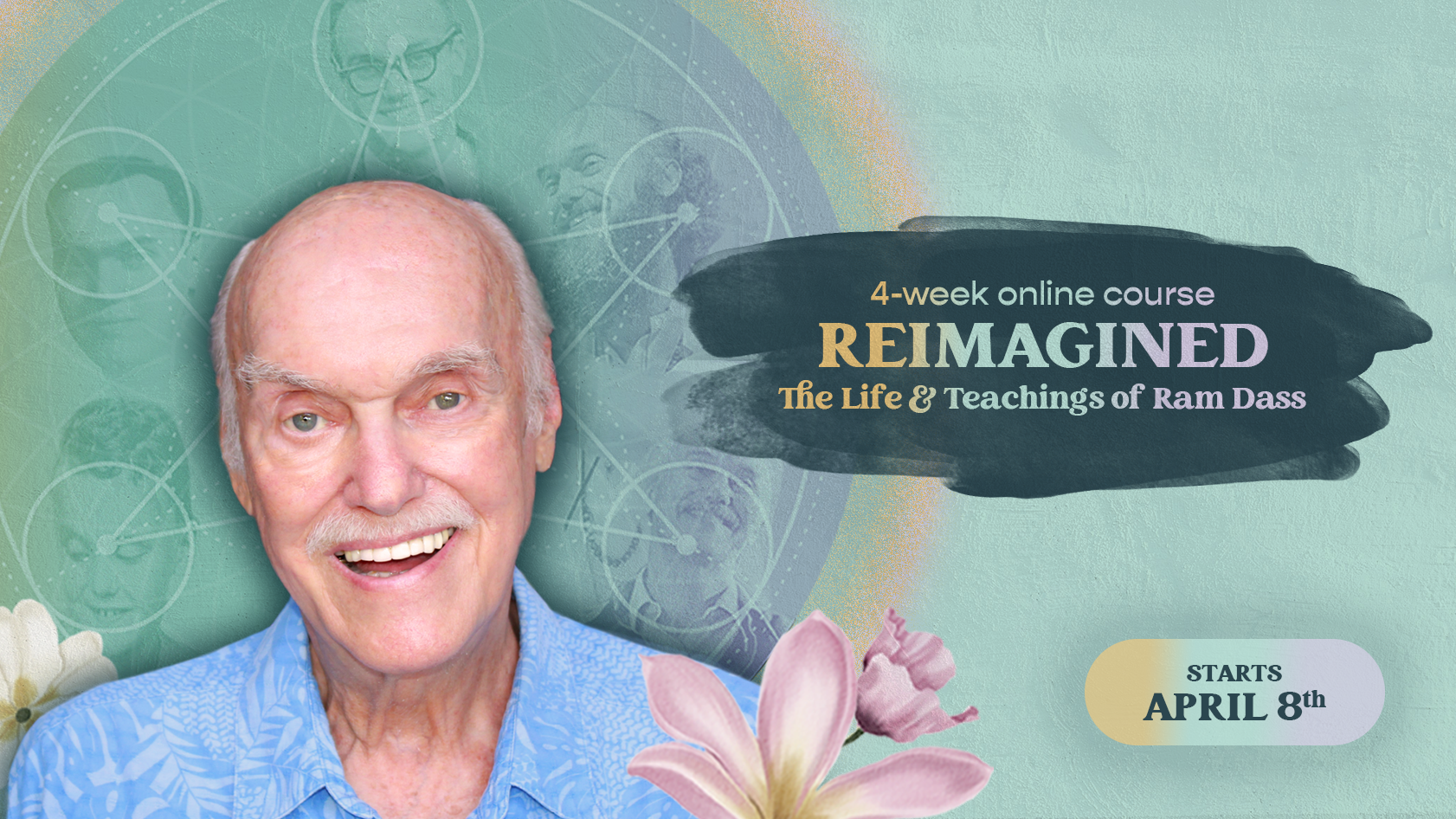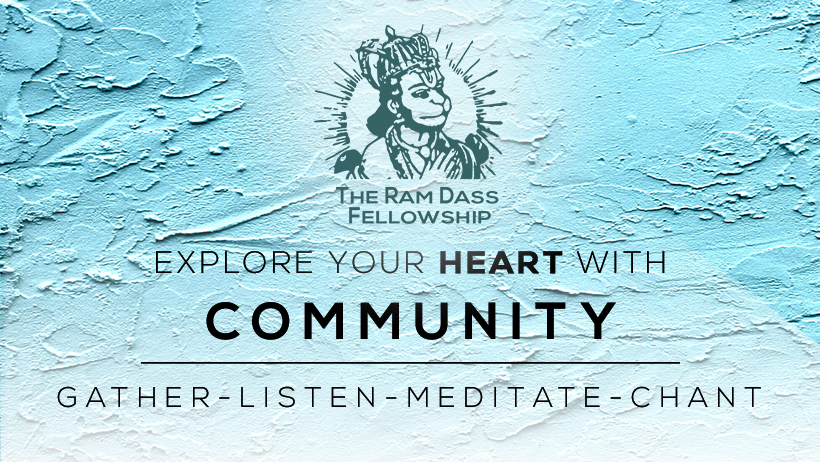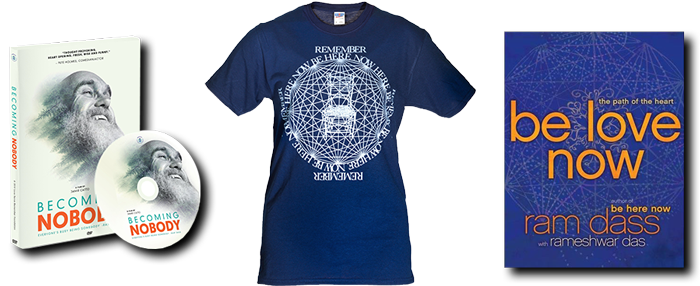So, an economic system is one of the systems of which you’re a part, and a system in which you’re looking at your greed, and your distribution of money, and your inheritance, and your tithing, how much you’re giving away, and how much you could give away. My best evidence is that excess inheritance is extremely psychologically hard on children. And you leave your children excess money out of the feeling of “Aren’t I good? I’m leaving the kids so much more than they need.” The result is that they are saddled with this thing that they feel this tremendous responsibility for and guilt and anger about and embarrassment about and it creates a tremendous amount of pain in the way they have to live with it. They are asking themselves, “Am I spending it the way my dead father wanted me to? But he didn’t even know about these things. You know, he wasn’t an environmentalist.” I think that once you’ve taken care of your children in a reasonable way and fulfilled your responsibilities, I think you should tithe, and we’ll talk about that from a compassion perspective. It’s about feeling yourself as channeling the energy through you and being a part of the transmittance rather than holding onto the energy, and that’s true for all of your creative endeavors and all of your skills and all of your wisdom and everything – instead of holding onto it, to keep letting it out.
There’s this image I see very often that comes from a book by Rene Dumal, called Mount Analog, which is quite a fascinating book, and it goes something like this: When you climb the mountain of consciousness (it’s a metaphorical image, a story) there are these camps along the way that you sleep in, where there’s food ready, and firewood, and goats to milk. And then the next day when you see the next party coming along below you, you leave the firewood ready and the goat and the entire place clean and ready to go. And in a way you have to do that before you can go on – you can’t just use it and then go. You’ve got to use it and then wait until the next thing so there’s a sense of continuity and a sense of the way in which you give out as a process of moving forward. You don’t give out with the sense that you’re wasting your time before you can get on with whatever you want to do, the actual giving is part of you being part of the system of suffering and compassion.
It’s very hard when you see the disparity of wealth between rich and poor countries and between one person and another, to tell the rich people, “Give up your richness,” so that everybody can have enough. And the question is, do you create legislation to take it away from them? From us? Or do you cultivate values among people which makes that dimension less relevant, and then people adjust. If you’re used to your personal power coming through the form of money it’s going to be a hard thing to sell to say to you, “You know, would you give up half of your money?”
So you have to look at the forest of incarnation, or the drama, or the story, and there will be different systems of which you are a part, and your game is to have a reflective moment where you take that system and look at it, like the economic system, and see where you are in it – how you’re playing it, how conscious you are about it. Are you honoring it in a way that isn’t entrapping you in it and yet is allowing you to complete and not deny it? You don’t want to deny it, and you don’t want to be entrapped by it. Those are the two extremes of every system.
– Ram Dass, October 1995










